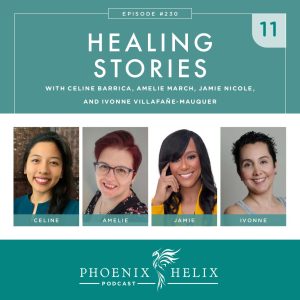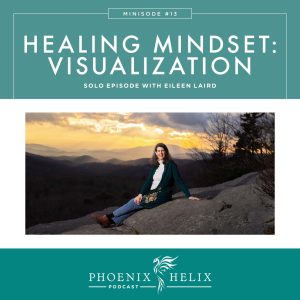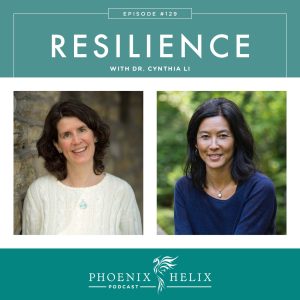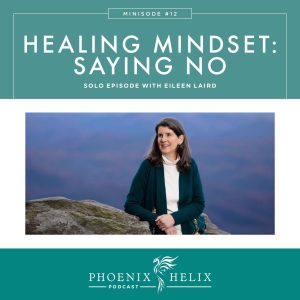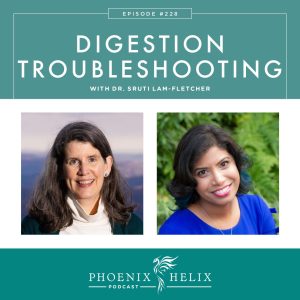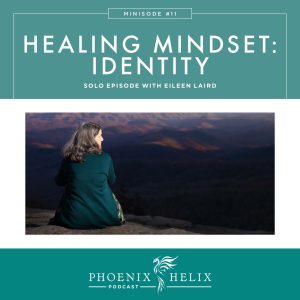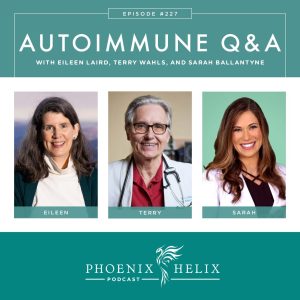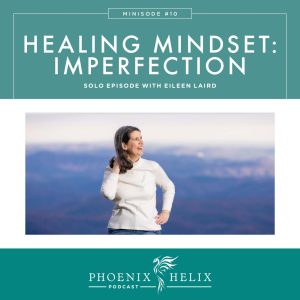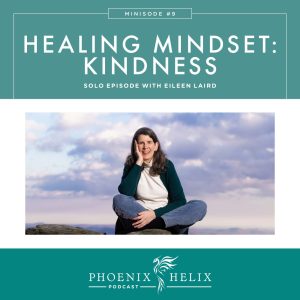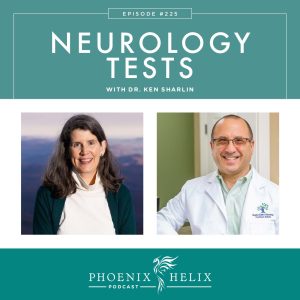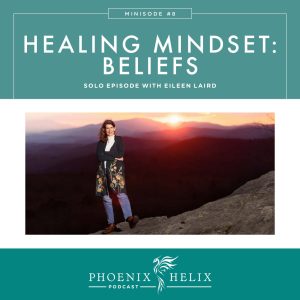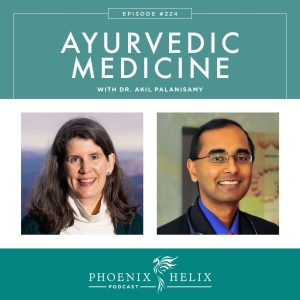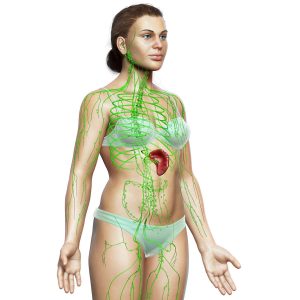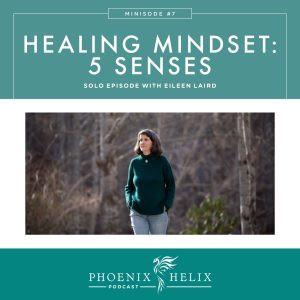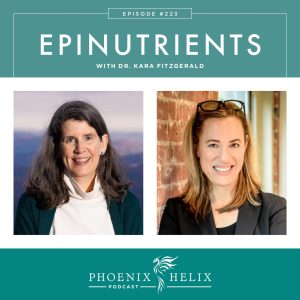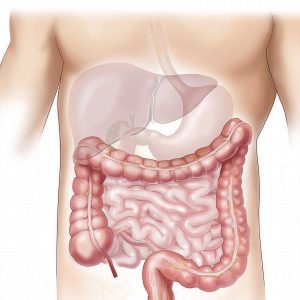When our mind convinces us something is impossible before we’ve even tried, that’s a self-limiting belief. It’s common for autoimmune disease to trigger them. Googling your diagnosis can lead to scary visions of the future. Symptoms can dramatically change our lives, taking away activities we used to love. With the flare-based, unpredictable nature of autoimmunity, life becomes more uncertain. The brain feels safer with certainty, so when it’s possible you might fail, your brain may convince you not to try. The problem is that this keeps your life smaller than it needs to be, not only cutting you off from failure but also success. We don’t need perfect health to live a fuller life. We can expand our skills, activities, accomplishments, and relationships, and we can start with small steps. We may not be able to do everything, but we can do some things. The key to overcoming self-limiting beliefs is to focus on progress and possibilities, not perfection. Life isn’t an all-or-nothing game. In today’s mindset minisode, I share a simple technique from my book, Healing Mindset, to identify the beliefs that are holding you back, and take the first steps to overcoming them.



